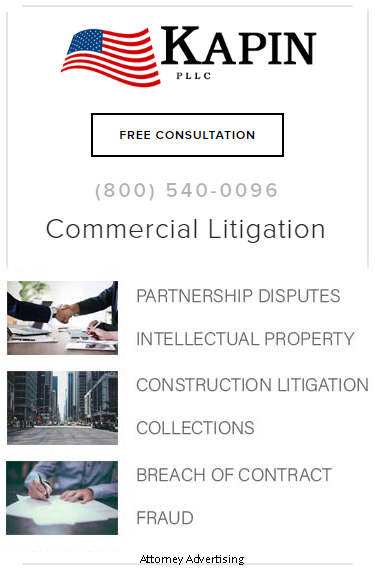There are several common defenses to defamation in New York.
 If a person or business is suing you, claiming you defamed them, you may be worried about defending yourself.
If a person or business is suing you, claiming you defamed them, you may be worried about defending yourself.
Court cases can be stressful, timely and costly, but by knowing what defense to use, you can prove that you were in the right and that the plaintiff doesn’t have a case.
The most common defamation defenses in New York include:1. Truth2. Opinion3. Consent4. Privilege5. RetractionWhat is defamation?Defamation is the making of a false statement of fact about a person or business and that false statement damages that person or business’s reputation. The two types of defamation include libel and slander. Libel is written defamation and slander is verbal defamation. Defamation is one of the toughest types of cases to prove in court because there are so many defenses to it.The defenses in more detail:TRUTHIf what the defendant stated or wrote was the truth then there was no defamation, because by definition, defamation is the making of a false statement of fact.OPINIONA statement of opinion can be a defense against defamation. However, a court may instruct a jury to look at circumstances surrounding the uttering of the statement to determine whether it was a statement of opinion. A statement that was qualified as a opinion does not necessarily mean the defendant isn’t liable for defamation. Factors include how well the defendant knew the person or business they made the statement about and why they said or wrote the statement.CONSENTIf the plaintiff initially consented to the defendant’s saying or publishing of the statement, then the defendant may not be liable.PRIVILEGECertain types of jobs have absolute privilege that shields them from legal liability for making statements even if they’re defamatory. Individuals also have absolute privilege if they make defamatory statements during judicial proceedings. Spouses also have absolute privilege.The other common type of privilege is qualified privilege. This means that the individual has the protected right to make certain communications and specifically defamatory statements. A plaintiff suing against a person who made a qualified statement must prove that the person made the statement out of intentional ill-will, hatred, or recklessness.RETRACTIONIf the defendant retracts the defamatory statement and/or apologizes it can serve as a defense to defamation.For more information about defenses to defamation, send us a message.[formidable id="7" title="1"]
